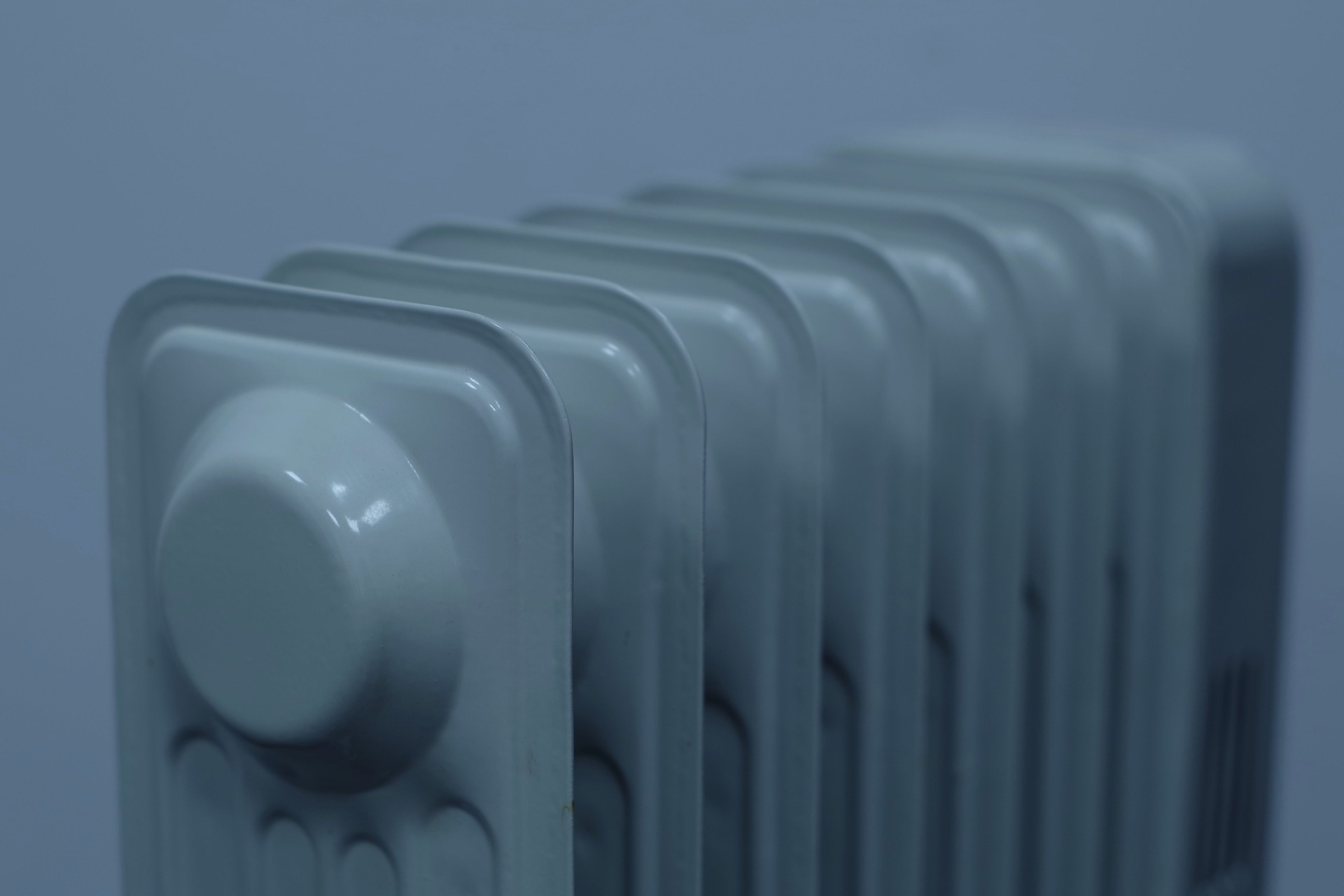How Your Home of Office’s Heating System Works
The heating system in your home or office is comprised of three main parts:
The Heat Source
Your heat source, which is usually a furnace, a boiler, or a heat pump, generates hot air or hot water to heat your living space. These are often called central heating systems because they represent the central location wherein the heat is generated and whereby it is distributed.
The Heat Distribution System
The heat distribution system is the mechanism, including forced air systems and radiators, that moves warm air, hot water, or steam through your home.
The Temperature Control System
The temperature control system, which is usually a thermostat, regulates the amount of heat that’s circulated throughout your home. The Department of Energy estimates that homeowners can save nearly 10 percent on their heating and cooling costs by installing and using a programmable thermostat.
Energy Saving Tips
The Department of Energy forwards several tips that can help you lower your heating bills while maintaining a cozy home or office:
- When it’s cold outside, let your curtains and drapes work for you. Throw them open when it’s sunny out, and let the sun help heat your home. Close them again once the sun goes down to help retain all available heat.
- Consider having the insulation in your home upgraded. Additional insulation can help you significantly increase the efficiency of your heating system by improving your home’s ability to retain the heat provided. Up to a quarter of the heat in your home can be lost to small holes and cracks throughout.
- Use your programmable thermostat to keep your home or office cooler when you are away or are sleeping (as a bonus, most people sleep better in cooler temperatures).
- Make sure that you set your ceiling fan to spin clockwise in order to blow rising warm air downwards.
- If you use a fireplace, make sure that you have your chimney cleaned regularly
Change Your Heater’s Air Filter
Changing your heating system’s air filter regularly is so significant that it deserves extra attention. Make it a habit to check the status of your system’s air filter once a month. You can do so by pulling the filter out and holding it up to the light to check for collected dirt and/or wear and tear. Change and/or clean your filter as necessary. If you’re not sure where to find your filter and/or how to change or clean it, have your St. Cloud heating professional show you during a regularly scheduled maintenance appointment.
By keeping your heating system’s filter clean, you help reduce the particulate matter in the air while you also improve your system’s airflow and energy efficiency. All told, keeping your heater’s air filter clean and in good repair has many benefits:
- It helps extend the lifespan of your heating system.
- It helps minimize the need for heating repairs.
- It improves the quality of your indoor air.
- It helps conserve energy.
Professional Maintenance of Your Heating System
While there are many things that you can do to help extend its life and improve its efficiency, there is no substitute for regularly scheduled professional maintenance. A tune up by a qualified heating professional includes inspecting your gas line and electrical components, cleaning your burner, and inspecting your flue and attendant ventilation system. Professional maintenance is important for keeping your heating system running effectively and efficiently, which includes reduced energy bills and lowered carbon monoxide emissions. Additionally, professional maintenance will provide you with the peace of mind that comes from knowing your unit’s been tested for safety.
Keep Your Heating System Well Maintained by Contacting an Experienced St. Cloud Heating Professional Today
We Minnesotans know a thing or two about cold weather, but the dedicated heating professionals at Neighborhood Plumbing, Heating, Air Conditioning, and Electrical in St. Cloud are committed to helping you stay warm and lowering your energy costs throughout the winter months. We’ve been proudly serving residents of St. Cloud for more than 70 years, and because we know that a heating emergency can happen anytime, we’re available 24 hours a day/7 days a week. For more information, please contact or call us at 800-570-4328 today.




